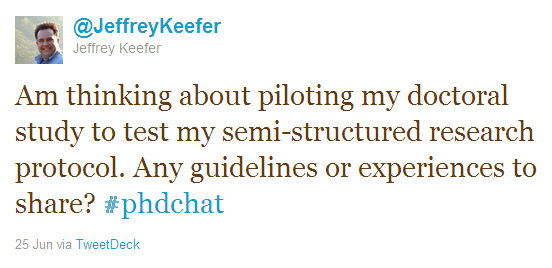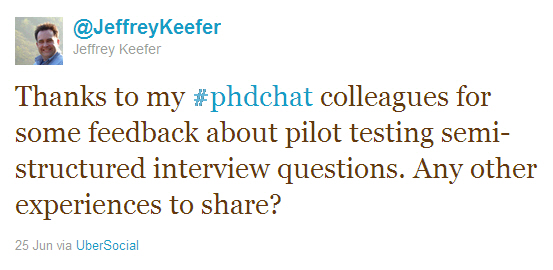 Today I begin data collection for my doctoral thesis research at Lancaster University, and I invite you to consider participating in my study. I have all this information, along with the ethical consent form, in a permanent link on my Doctoral (Thesis) Research page on my website.
Today I begin data collection for my doctoral thesis research at Lancaster University, and I invite you to consider participating in my study. I have all this information, along with the ethical consent form, in a permanent link on my Doctoral (Thesis) Research page on my website.
There are 3 criteria for participation:
1. Are you doctoral student or have you completed a doctoral degree (in any discipline, with any type of doctoral degree, anywhere in the world)?
2. Have you encountered any thresholds or had any troublesome experiences while engaged in your degree that left you with a new sense of your discipline or identity of yourself as a researcher / evidence-supported expert practitioner? Perhaps you experienced an aha! along the way? How about a transformed understanding or perspective?
3. Did you engage in any aspect of your studies from a distance, online, or using any form of technology while engaging in your doctoral degree?
If you answered yes to these 3 eligibility criteria, I invite you to consider speaking with me about it in a single 60-90 minute interview (phone or Skype, as you wish). For more information, my email and contact information are here.
I appreciate any assistance with identifying participants for my study; please share this link or information with anybody who you think may be interested. Thank you.



